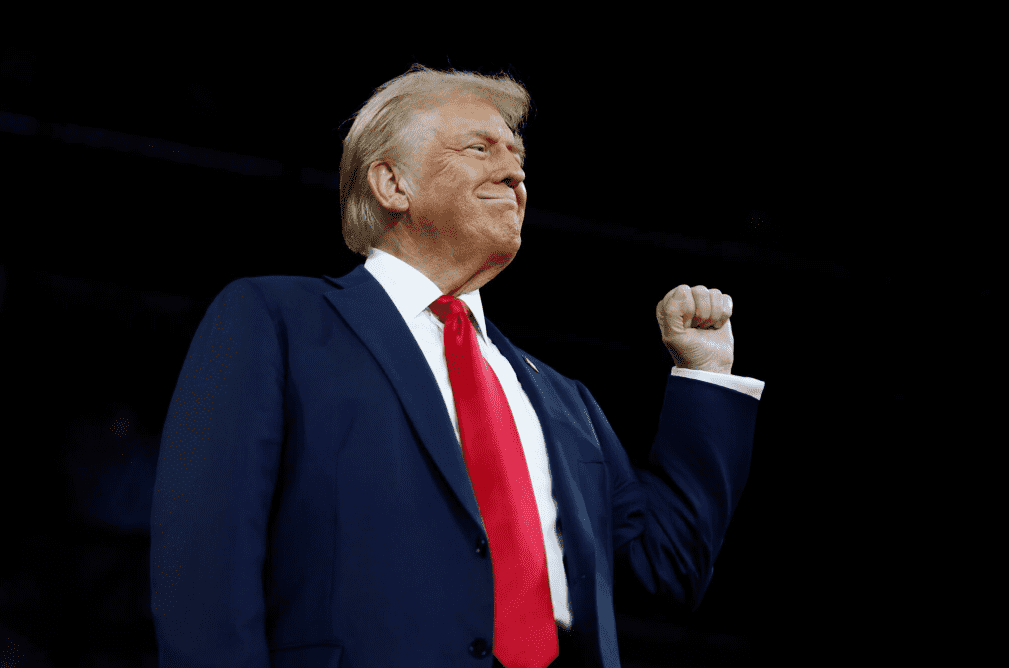Decagon’s successful funding rounds confirm the frenzy among VCs

This year has been one prolonged frenzy to make AI investments, with venture capital, big tech, and private equity funneling billions into startups, infrastructure, and infrastructure plays amid increasing demand for compute power, models, and applications.
According to reports, firms like Andreessen Horowitz have offered to invest even before the fundraising kicked off.
Bloomberg reported that three months after a round that valued it at $1.5 billion, Decagon has been getting unsolicited offers at valuations as high as $5 billion in a rare turnaround that confirms the fundraising script has changed where AI startups are concerned.
Decagon AI Inc. is a two-year-old startup developing artificial intelligence tools for customer service and has raised over $200 million across four funding rounds.
Now, rather than running after venture capitalists, startups are getting pitched by them, being courted with gifts and favors in hopes of leading their next round.
Decagon’s successful funding rounds confirm the frenzy among VCs
According to Jesse Zhang, the 28-year-old co-founder and chief executive officer of Decagon, investors who are looking to back him have offered him things ranging from tickets to Golden State Warriors games to an autographed poster of MMA legend Khabib Nurmagomedov.
One investor even went as far as folding origami cranes into a mosaic of Decagon’s logo, and hand-delivering it to the company’s San Francisco office with a term sheet hidden inside, an ingenious act that caught Decagon’s attention and made it take the deal.
“Investors are emailing term sheets, they’re giving verbal offers, they’re inviting founders to sport games, they’re inviting founders to race Ferraris and they’re inviting them on private jets,” said Bennett Siegel, a co-founder of investment firm A* and an early investor in Decagon. “What you tend to see is the best companies are getting preempted every round and the time between rounds is shrinking.”
Experts have attributed these overtures to a larger Silicon Valley frenzy for AI, encouraged by the revenue growth startups have witnessed, as well as investors’ belief that these companies have the potential to surpass current tech giants.
For the most part, the frenzy is a good thing for these startups as they don’t have to jump through hoops to attract VC funds. However, they also need to be cautious about raising funds at unsustainable levels.
“You don’t want to raise at valuations where there is no path into growing into that valuation,” said Sierra Ventures partner Ashish Kakran. “Once you raise VC money, you’re kind of on a treadmill. You have promised investors and your employees that, ‘Hey, we are raising this pool of capital and with this pool we will hit these milestones.’ When you don’t hit those, that is when it becomes a problem.”
Not all AI startups are taking the investment bait
It is true that prominent VCs have been clamoring for some AI startups to take their money, but not all the startups getting propositioned are feeling incredibly tempted. Brendan Foody, CEO of AI recruiting startup Mercor, for example, has chosen to focus on expanding the business rather than fundraising.
The startup has reportedly received unsolicited offers at a valuation of $10 billion but has yet to accept a term sheet, according to a person familiar with the matter.
Decagon’s Zhang also shares a similar sentiment, and his statements regarding the subject show he is considering the risks of overindulging on capital at such lofty valuations.
“People are clearly not valuing companies on a first-principles basis,” Zhang said. “If you’re a founder, it’s really easy to fall into that trap and pump up your valuation, but for us we want to keep our valuation fairly measured.”
Aside from the future risk, there are also those who now worry there is an “AI bubble” they expect will burst soon, which would cause a lot of pain for startups that have secured VC funds.
Sandesh Patnam, managing partner at Premji Invest, has likened the shrinking times between funding rounds to the furious pace of funding in the late 1990s that came before the internet bubble popped.
“History doesn’t repeat itself, but it definitely rhymes,” Patnam said. According to him, the only major difference is the sheer size of today’s venture industry.
Your crypto news deserves attention - KEY Difference Wire puts you on 250 top sites







